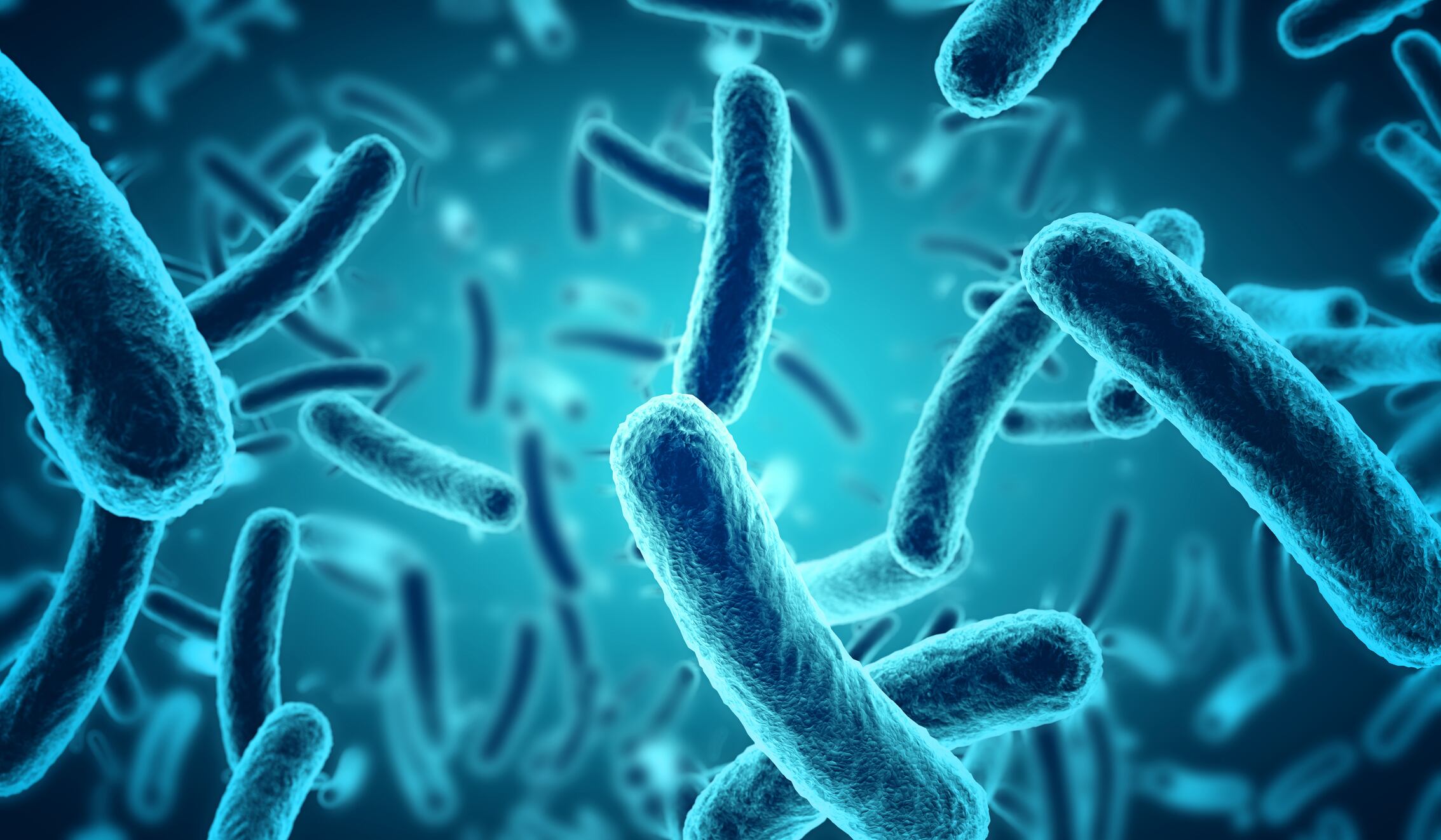This is according to renowned probiotic expert Dr Gregor Reid, Endowed Chair in Human Microbiome and Probiotics at the Lawson Health Research Institute in Canada.
A new paper that Dr Reid co-authored with Azza Gadir, director of R&D at Seed, and Raja Dhir, Seed’s co-founder and co-CEO, states: “[The FAO/WHO definition for ‘probiotic’] is now used globally, yet on a consistent basis scientists, media and industry misrepresent probiotics or make generalized statements that illustrate a misunderstanding of their utility and limitations.
The paper, published in Frontiers in Microbiology, continues: “[…] the term “probiotic” is often misapplied to describe any microbe with plausible therapeutic utility in the human host.
“It is argued that strict compliance to the scientific definition of the term “probiotic” and avoidance of generalizations to the whole field of probiotics based upon studies of one product, will help advance the development and validation of microbial therapies, and applications to improve human health.”
Definitions
Probiotics were defined by the FAO/WHO in 2001 as “Live microorganisms which when administered in adequate amounts confer a health benefit on the host”. A 2014 expert consensus paper by the International Scientific Association for Probiotics and Prebiotics reaffirmed the definition (albeit with the recommendation that the word “which” be changed to “that”).
This is not the first time that Dr Reid has called for strict compliance with the definition, with a 2008 paper in the International Dairy Journal, for example, also calling for the industry to stick to the definition to avoid damaging itself.
Speaking with NutraIngredients-USA, Dr Reid said that, while it is “annoying and frustrating” it takes repetition to get the message across, especially as more and more people enter the field.
3 key requirements
The new paper outlines three key elements to help physicians determine the validity of a probiotic, including:
“1. Evidence that the strain(s) has been tested in a randomized, controlled or equivalent human trial, in either a heterogeneous population or stratified based on defined characteristics of host or microbial genomics.
2. The dose and viability in the product are equal to that of the human trial(s).
3. Whole genome strain characterization and transparently declared strain designation are provided.”
“We didn’t create these criteria to exclude people,” Dr Reid told us. “We created them to help people and to include them.”

Dr Reid noted that genomic sequencing has become so inexpensive that there isn’t an excuse not to have that data. Most of the mainstream strains, including LGG, BB-12, the Yakult and the Danone strains, etc, have all been sequenced, he said.
“Dose and viability is up to the manufacturer but we shouldn’t compromise on this. And if a study was done with a dose of 10 billion and the product is formulated with 0.1 billion, then that’s wrong,” he said.
Dr Reid also noted that it’s important to understand that probiotic benefits are strain specific. “People look at Align and say it’s a good probiotic, and it is if you have IBS,” he said. “But it doesn’t help for cardiovascular health or urinary tract health.
“There is a difference between a well-made product with good quality standards and knowing what you’re actually taking it for.”
Headlines
The probiotics category has also been the target of some negative headlines over the past 6-12 months, with some journalists, for example, picking up on press releases from academic institutions and running with them.
Dr Reid said that he oftentimes sides in favor of the journalists. “Reporters are in a hard space and they’re more and more relying on press releases,” he said. “A lot of blame has to go with those writing the press releases. The Weisman Institute releases, that led to articles in the mainstream media like the BBC’s “Probiotics are quite useless” include quotes that are misguided. [Readers will remember our response: No BBC, probiotics are not 'quite useless']
“At the end of the day, if a journalist is a scientific specialist, then they should have the courtesy to contact the researcher, to solicit expert comments, and they should post those comments under the article they’ve written.”
“JAMA should have contacted a probiotic expert and they didn’t,” he said, referring to the recent article by Jennifer Abbasi that cast doubt on the efficacy of probiotics and even called their safety into question.
Seed
Dr Reid sits on the scientific advisory board for innovative consumer health company Seed.
“I get the chance to get involved in a lot of companies, and many I reject,” he said. “[Co-founder] Raja [Dhir] was making sure the strain was having an effect at the correct dose. They were using multiple strains supported by multiple studies.”
Dhir, co-author on the new paper, told us that the company really wanted to see what endpoints would be relevant. “We’re not shy of regulations and the burden is on the company,” he said. “We see a lot of value in this field.
“Look at the emerging areas such as gut-brain or insulin resistance. This is all new work and if the industry wants this type of research to be probiotic and not scare away consumers, then the whole field has to understand what the term ‘probiotic’ means.”
Source: Frontiers in Microbiology
10:424. doi: 10.3389/fmicb.2019.00424
“Probiotics: Reiterating What They Are and What They Are Not”
Authors: G. Reid, A.A. Gadir, R. Dhir


